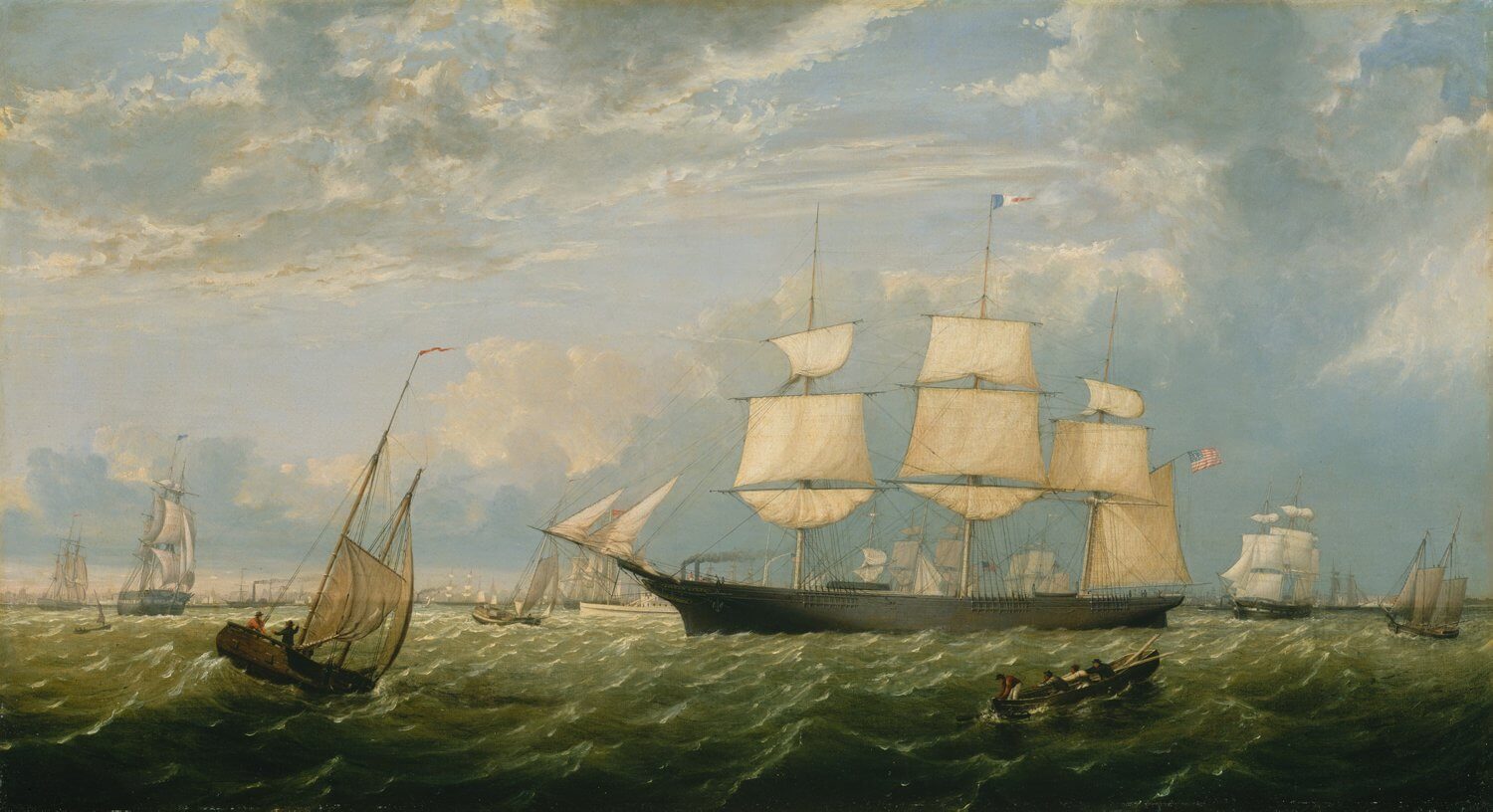Reading a Scientific Paper Efficiently and Critically
Published:

When I set about reading blockchain-related papers, due to lack of prior knowledge, I planned to read my first paper, Concurrency and Privacy with Payment-Channel Networks, from cover to cover. The result can be imagined, that is, I spent a lot of time to understand basic terms and concepts, which led to my incoherent understanding of the paper and failure to grasp the topic. Therefore, I spent a week approximately learning about blockchain, then searched for ways to learn how to read scientific papers. Related videos and papers are listed below.
How to Read a Scientific Paper Efficiently and Critically
Quick Start
To start with, we need to have a bird’s-eye view of the paper, which determines whether you need to study it further. In the meanwhile, we can review whether we grasp the prior knowledge used in this paper. If not, we should first learn prior knowledge for further learning. To quickly get started with the paper, we need to do the following steps:
- Carefully read the title, abstract, and introduction
- Scan the figures and tables to see if the data tell a story that agrees with the stated outcome
- Read the section and sub-section headings, but ignore all details and statements
- Read the conclusions
After finishing the steps above, we might be able to answer the following questions: What are the paper’s main contributions, Is there any limitation in their contributions, etc?
Detailed Learning
Then, we should go back to the paper with several questions, such as what’s the stated topic of the paper and why is it important, what research has been done so far and what information is needed, how to attack and defend, etc. However, pay attention, we shouldn’t get caught up in the specifics such as proofs. In this way, we can straighten out the logical structure of the paper, and then we will jot down the key points. Anyhow, we may summarize the paper’s main thrust with supporting evidence.
Further Study
To get the most out of the paper I have read, I outline some suggestions that are significant to me:
- Make notes as we read the paper. If we have questions or criticisms, write them down so we do not forget them. Besides, we’d better underline key points the authors make and mark the data that is important or that appears questionable.
- Compare the paper to other works. We must compare the paper to other works in the area so that we can better determine the scientific contributions of a paper. In this way, we will answer whether the ideas are novel, whether they have appeared before, etc.
- Read relevant references. We might glance over the references and then mark relevant unread references for further reading, which is a good way to learn more about the background of the research.
- Remember the good expressions that appeared in the paper. Reading papers is a learning process of cutting-edge technology and paper writing. Therefore, we can record some connectives and expressions to enrich our paper.
Finally, I am going to start my thesis reading journey, hoping the above reading methods work.
